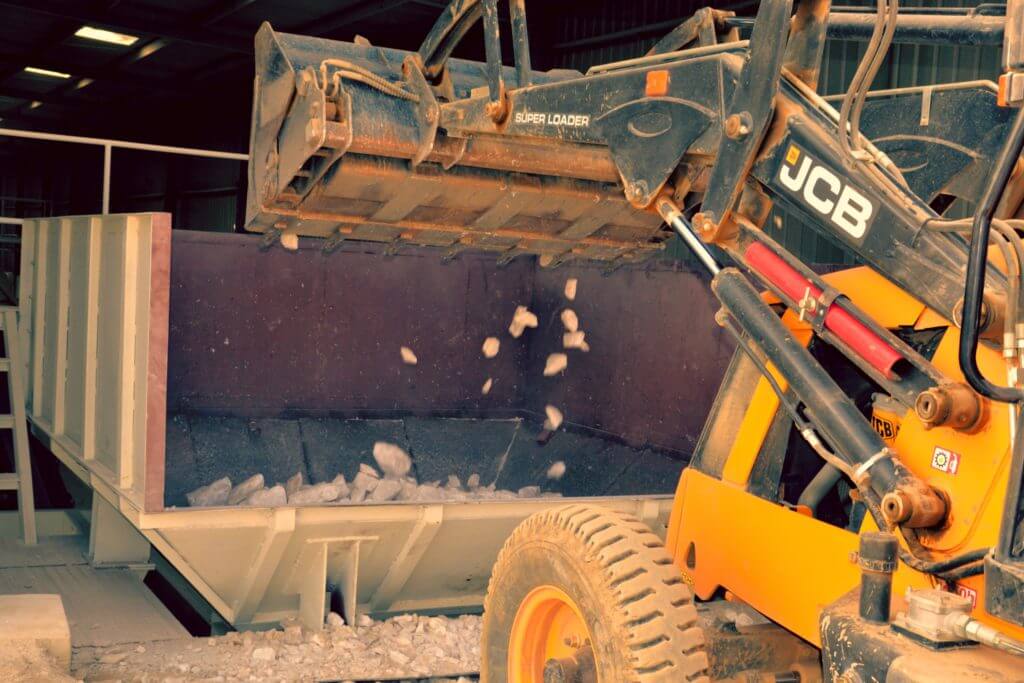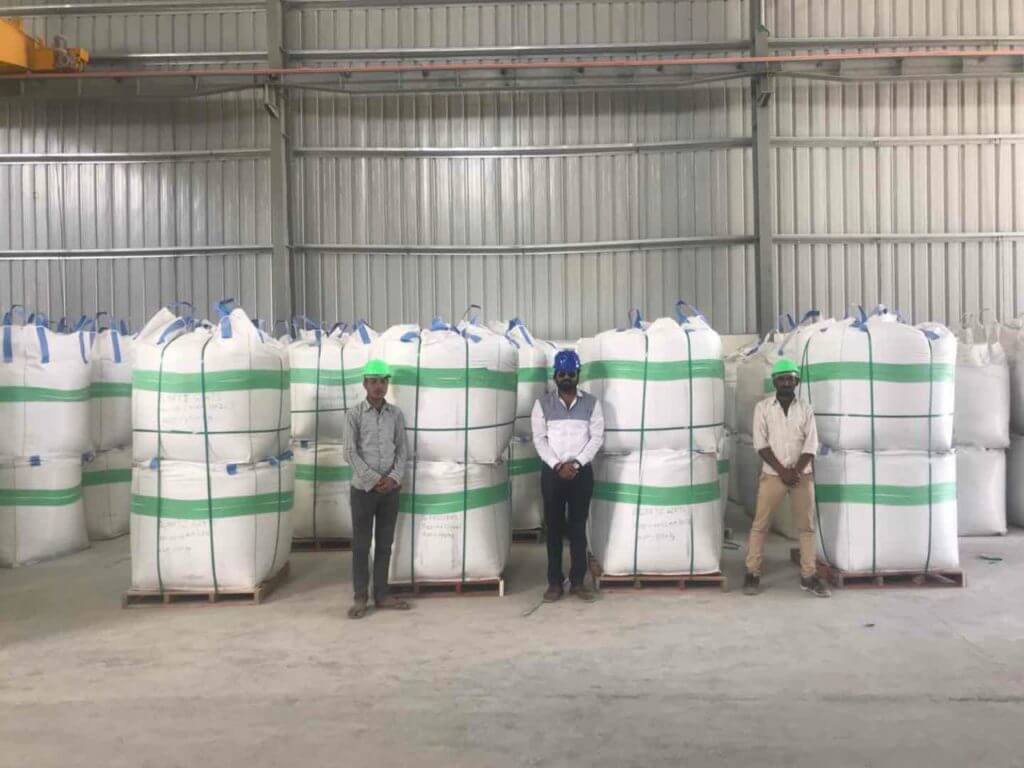Introduction
For a long time, natural stones such as marble and granite have been used in both residential and commercial buildings for enhancing their look. However, there are many disadvantages of using these stones which has made factory-made quartz stone a better replacement for these stones. Some of the major disadvantages include
- Natural stones are susceptible To Stains
- They have natural features that appear as cracks
- They are less Smooth
- They have insufficient elasticity
- They are not Seamless and hence difficult to have length precision
Natural stones have been used for ages for their durability, strength and other strong characteristics but quartz stone provides a better alternative to these stones as it is stronger and does not possess unwanted qualities of the natural stones.
In the last decade, the sale and consumption of quartz countertops in India and the world have increased massively. This is because of the drop in the price of quartz stones because of the increased efficiency of the quartz stone manufacturing process.
We will give you a brief introduction of quartz mineral and quartz stone before delving into the manufacturing process.
Quartz Mineral Overview
Quartz is a kind of mineral being formed into crystals due to extreme pressure. As a chemical compound, it consists of one-part silicon and then two parts oxygen. It is considered as the most abundant mineral that can be found at Earth’s surface. Through its unique properties, it became among the most useful minerals.
Meanwhile, this mineral comes in varying colors, transparencies, and varieties. Amethyst, rose quartz, onyx, and tiger’s eye are some of the popular varieties of quartz. It is very abundant in sedimentary, metamorphic, and igneous rocks. It is known to be highly resistant to chemical and mechanical weathering.
When it comes to uses, the quartz’s color, diaphaneity, and luster make it ideal as a gemstone as well as for glass making. Since it has heat resistance and electrical properties, this mineral is useful in electronics products.
Engineered Quartz Stone
Unlike granite, quartz does not form any stone blocks, and it naturally exists in clusters. Although some people are interested in this mineral to be part of their kitchen design, the natural state of quartz is considered to be unsuitable for countertops and any other large slab applications.
However, to make quartz suitable for slab applications, it can be converted into other forms like an open-pit engineered stone. Engineered quartz is also popularly called re-composed or reconstituted stone. The manufacturing process involves a mixture of quartz aggregated chips pigments, additives, and resin binders.
Engineered quartz stone for slab and countertop applications come in a wide array of colors, textures, and patterns. Depending on the manufacturing process, the texture can be either coarse or fine. Then, it is possible to combine it with glass and any other reflective materials to achieve the sparkling finish. When quartz’s non-porous nature is combined with granite’s durability, high-end and robust applications can be achieved.
Quartz Stone Manufacturing Process
While we take a look at the quartz stone manufacturing process, we will also go through raw quartz manufacturing process and understanding how raw quartz is manufactured before it is supplied to the quartz stone manufacturing industries.
Raw Quartz Manufacturing
Due to its usefulness and essential properties, quartz is among the top B2B products being extracted and processed to be supplied locally and exported. As part of the manufacturing process, this mineral will undergo the extraction process up to the actual manufacturing processing.
1) Extraction Of Quartz
Quartz can be extracted through open-pit mining. There are some rare instances that miners have to use explosives when it is necessary for them to expose the deep seam of the mineral. But it is done rarely because regardless of its hardness, it can be easily damaged when exposed to a sudden change in temperatures.
It’s common in mining operations to use of backhoes and bulldozers to effectively get rid of both the clay and soil surrounding the mineral. After that, the crystal veins of quartz will be exposed in the rock. Once exposed to the surface, a team will use picks and chisels and other small hand tools for extracting the quartz directly from the quarry.
At Unique Crystal Minerals, we use JCB backhoe loaders to mine quartz at most of our mining regions in Rajasthan.

2) Processing Of Quartz
After the extraction process through mining, it is necessary for quartz to undergo the careful, extensive cleaning process. That is to strip off all the chemical impurities and physical flaws. Once thoroughly cleaned, a particular team will be responsible for screening quartz. Then, it will be crushed into different sizes which will depend on its future use.
Using a crusher, quartz will undergo the crushing process, while a vibrating screen will be used to separate it. Next is to utilize a ball mill to ground the quartz. Lastly, the mineral will be classified into varying sized by the qualified classifier. As for the quartz powder, a grinder mill is used for crushing the pure, lumpy quartz to produce a fine powder.
3) Supplying Of Quartz
After the quartz is being processed, it can be supplied using large shipping containers when transported on the sea. When transported on land, large trucks or trains via railroads are used. In case quartz types belong to the semi-precious gemstones, it is necessary to take extra precautions to ensure that they are free from damage.
At Unique Crystal Minerals, the best quality quartz manufacturer in India, we supply quartz sand, quartz granules and other B2B quartz products which are further manufactured into useful industrial and consumer products. We are also one of the largest quartz suppliers in India. We supply quartz products to different wholesale distributors and industries across India and export them throughout the globe.

Quartz Stone Manufacturing
1) Raw Material
When it comes to the manufacturing process of engineered quartz stone, the process starts with the manufactured quartz materials selection. It could be any quartz product such as quartz sand or quartz granules. As explained above, Raw quartz is selected after the manufacturing process is finished at a quartz manufacturing industry like Unique Crystal Minerals.
2) Blending
The selected raw quartz is crushed and then, blended under a ratio of 93% quartz aggregates to 7% resin binder along with other additives.
3) Slab Pressing
Furthermore, the mixture will be compacted to form the slabs using the vacuum and vibration method for about 100 seconds at 100 tons pressure. Using this kind of process, it can minimize porosity while decreasing water absorption.
4) Heating
After that, the slabs will undergo the curing process using a kiln at 85 degrees for about half an hour. That is to attain all the necessary properties for stain and impact resistance. To accelerate the curing process, steam or oven can be used. Once this process is completed, the produced slabs will undergo gauging, calibrating, polishing, and then prep up for the packing process.
5) Cooling
After curing, the slabs are held upright with the help of a clamp and cooled for 24-36 hours.
6) Trimming
The edges are trimmed and leveled.
7) Quality Verification
With the help of the engineered quartz manufacturing process, there will be consistency and uniformity in the shade and dimension. As a result, it saves time during the construction process. Although the engineered version resembles the natural stone’s patterns, it offers a more consistent color, pattern, and texture, and uniform appearance. Besides, since they are man-made, they can be easily fabricated in large sizes, which can result in better aesthetics along with fewer joints.
Conclusion
The market for quartz mineral is getting wider, so it is not surprising why the mining and manufacturing process is also progressing. The beauty of quartz is that it is very flexible where it can be used in different applications, from interior design to pieces of jewelry to larger industry. Thus, everyone can expect for high-end use, and separate benefits since quartz undergo a thorough and careful manufacturing process.



Can I get a buyer of this gemstone Quartz in Uganda East Africa. Any interested buyer can contact me plz